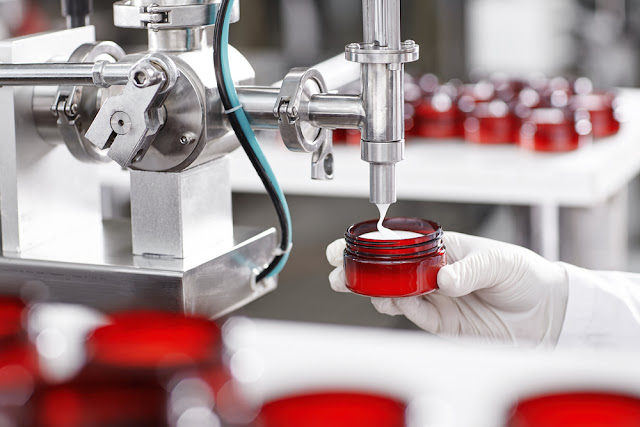The Art and Science of Formulation Cosmetics: Creating Innovative Beauty Products
Cosmetic formulation is both an art and a science that involves the intricate process of designing and developing skincare, haircare, and makeup products. Behind every beloved beauty item, from moisturizers to lipsticks, lies a carefully crafted formulation that balances aesthetics, performance, and safety. In this article, we'll delve into the fascinating world of cosmetic formulation, exploring its key components, challenges, and the importance of innovation in the beauty industry.
What is Cosmetic Formulation?
Formulation Cosmetics refers to the process of developing a formulation or recipe for a cosmetic product. This process entails selecting and combining various ingredients, such as emulsifiers, surfactants, preservatives, and active compounds, to achieve desired properties like texture, appearance, stability, and efficacy. Cosmetic formulations are carefully designed to enhance beauty, address specific skincare concerns, or accentuate features through makeup.
Key Components of Cosmetic Formulation
Ingredients Selection: Formulators carefully select ingredients based on their intended function and compatibility with other components. Ingredients can be natural, synthetic, or a combination of both, depending on the product's formulation philosophy.
Texture and Consistency: The texture of a cosmetic product is crucial for its application and feel on the skin or hair. Formulators use emulsifiers, thickeners, and viscosity modifiers to achieve desired textures, such as creams, serums, gels, or powders.
Active Ingredients: Many cosmetic products contain active ingredients that provide specific benefits, such as anti-aging effects, hydration, brightening, or acne treatment. Formulators must ensure the stability and efficacy of these active compounds in the final product.
Preservatives and Stability Agents: Cosmetic formulations often require preservatives to prevent microbial growth and extend shelf life. Stability agents are also used to maintain the integrity of the product under various environmental conditions.
Safety and Regulatory Compliance: Cosmetic formulators must adhere to strict safety standards and regulatory requirements when selecting and using ingredients to ensure consumer safety and compliance with industry regulations.
Challenges in Cosmetic Formulation
Developing successful Formulation Cosmetics comes with its share of challenges:
Ingredient Compatibility: Some ingredients may interact unfavorably with others, affecting stability or performance.
Product Stability: Formulators must ensure that products remain stable over time and under varying environmental conditions, such as temperature and humidity.
Safety and Allergens: Avoiding allergens and potential irritants while maintaining product efficacy is a balancing act for formulators.
Consumer Preferences: Meeting consumer demands for clean, sustainable, and cruelty-free formulations adds complexity to the formulation process.
Importance of Innovation in Cosmetic Formulation
Innovation drives progress in the beauty industry, pushing the boundaries of cosmetic formulation to create groundbreaking products with enhanced benefits and performance. Key areas of innovation in cosmetic formulation include:
Advanced Delivery Systems: Incorporating innovative delivery systems like liposomes or microencapsulation to enhance ingredient penetration and efficacy.
Green Chemistry: Developing eco-friendly formulations using sustainable ingredients and manufacturing practices.
Personalization: Customizing formulations to address individual skin types, concerns, or preferences through AI technology or bespoke beauty solutions.
Multi-Functional Products: Creating multi-tasking products that offer multiple benefits in one formulation, catering to time-pressed consumers.
Conclusion
Formulation Cosmetics is a dynamic and creative process that drives innovation and excellence in the beauty industry. Behind every successful beauty product is a carefully crafted formulation that balances artistry, science, and consumer needs. As consumer preferences evolve and technology advances, the future of cosmetic formulation holds exciting possibilities for creating transformative and sustainable beauty solutions. Whether you're a cosmetic formulator, brand developer, or beauty enthusiast, understanding the intricacies of cosmetic formulation sheds light on the craftsmanship and ingenuity that shape the cosmetics we love and cherish.
At its core, cosmetic formulation requires a delicate balance between scientific principles and creative vision. Formulators leverage their knowledge of chemistry, biology, and material science to develop formulations that not only deliver desired cosmetic benefits but also meet safety, stability, and regulatory standards.


Comments
Post a Comment